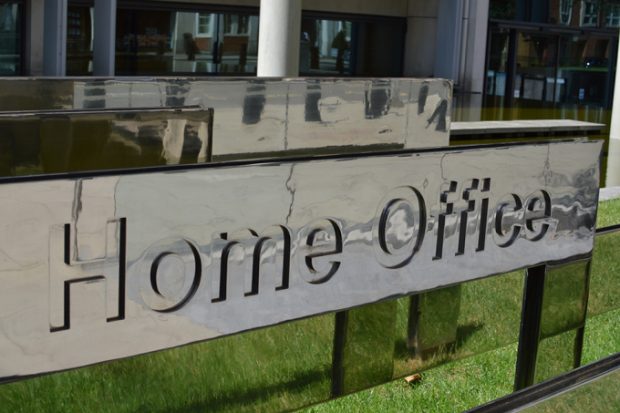
The UK has a statutory obligation to provide destitute asylum seekers with temporary accommodation, transportation and cash/subsistence support whilst their application for asylum is being considered. This is in accordance with the Immigration Asylum Act 1999, the Asylum Support Regulations 2000 and the EC Reception Conditions Directive 2003/9/EC.
Asylum seekers who would otherwise be destitute can obtain support under section 95 of the Immigration and Asylum Act 1999 from the time they arrive in the UK, until their claim is fully determined, and they have exhausted their appeal rights. Under section 4 of the 1999 Act, we also support failed asylum seekers who would otherwise be destitute and are unable to leave the UK for reasons outside their control.
It is a fact that because of the coronavirus pandemic, the Home Office has to make alternative provision for asylum seekers. We have therefore because of the pandemic had to work with Public Health advisors throughout the coronavirus outbreak to inform a national approach on how asylum seekers are accommodated. Similar guidance has been put in place for other groups and categories the state has a statutory responsibility for.
It has been necessary to temporarily house a proportion of asylum seekers in hotels to make sure they are able to follow social distancing guidelines.
Since March, the number of people within the asylum system has risen. This is because we temporarily ceased ending asylum support for those whose claims have been either granted or refused. This is to ensure people were not made homeless during lockdown and able to follow social distancing guidelines.
As a result, we have temporarily housed a number of people in hotels.
As well as ensuring that people could comply with the health guidance in place at the time, this avoided placing pressure on local authorities, who were also procuring hotel accommodation for UK rough sleepers.
This is a temporary measure and we are constantly reviewing this policy in line with public health guidance and have asked local authorities to support our efforts to procure sufficient Dispersed Accommodation so we can move people on from hotels quickly.
How are you ensuring public health guidance within asylum accommodation?
All asylum seekers in this temporary accommodation have been given guidance in their own language relating to hygiene, washing hands, social distancing, coronavirus symptoms and what to do if they become symptomatic.
We have put in a range of measures to support asylum seekers who are affected by the coronavirus outbreak and continue to monitor the situation closely. These include staggered mealtimes and providing cleaning supplies free of charge.
We expect all our suppliers to follow Public Health England guidance and ensure the safety of their staff and those they accommodate at all times.
As with the wider population, anyone in asylum accommodation with coronavirus symptoms must self-isolate for 14 days and facilities are provided to enable them to do so.
What consultation with local authorities has taken place regarding this measure?
Accommodation providers, in consultation with local authorities, are responsible for identifying suitable temporary accommodation that can be used for this purpose.
At the end of March, local authorities were made aware that we would have to procure hotel contingency across the United Kingdom to meet the challenges we faced during the coronavirus pandemic.
We are grateful for the assistance of local authorities and will continue to work with them as we now review these measures and return to pre-Covid policy implementation of asylum policy.
